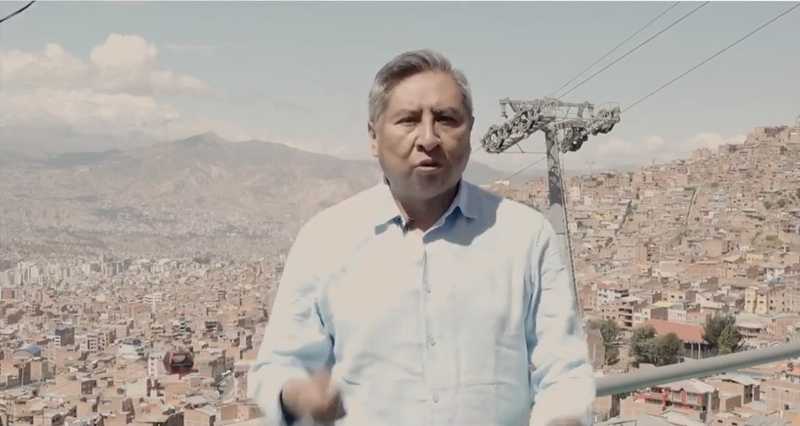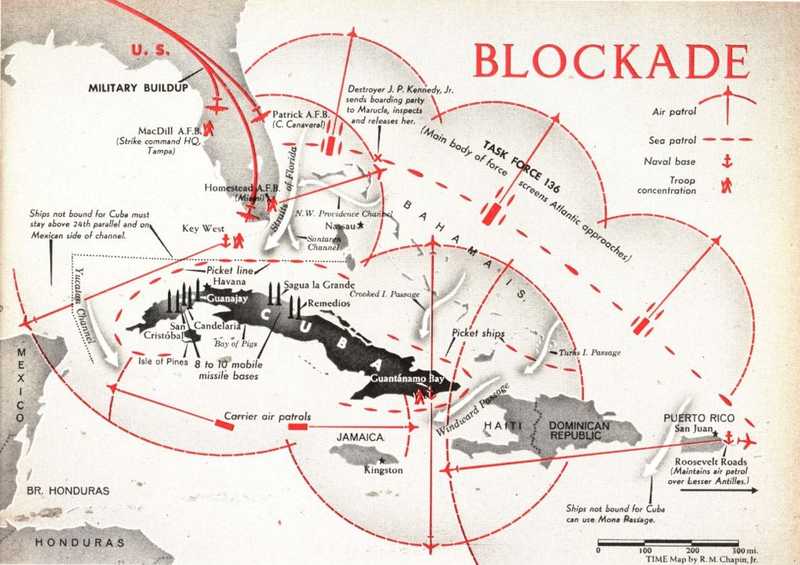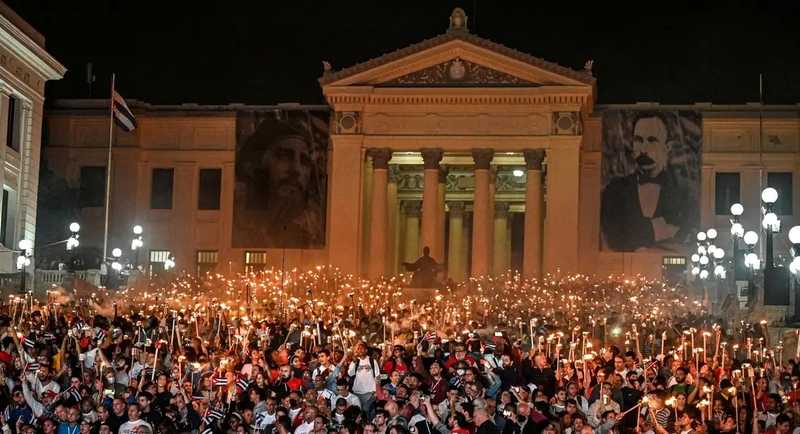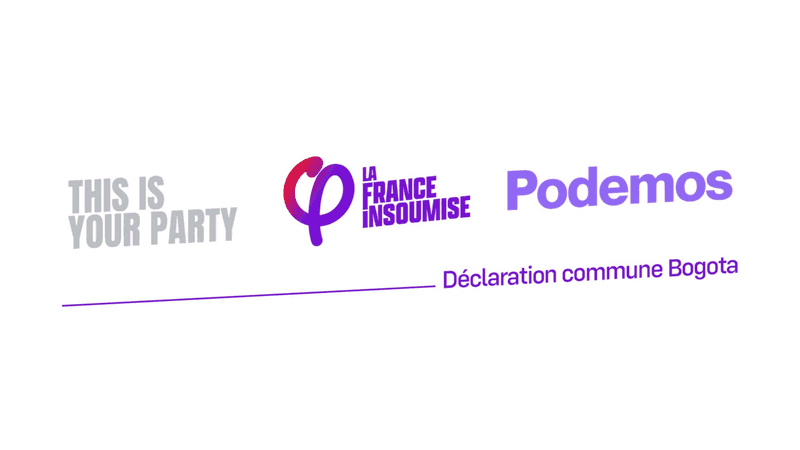
We already know that money, and generating wealth and well-being have created an ever greater and more profound gap between people, neighbourhoods, cities and countries. A gap that has been exacerbated in the wake of the pandemic.
I would therefore like for us to stop thinking of ourselves as the poor periphery of an unequal, colonial and racist globalisation process.
In Bolivia,, we have been fighting some of the most important and decisive battles for the future of the human race since the beginning of this century. Water, our sacred coca leaf, the goods we have to share thanks to Pachamama’s generosity and, of course, the right to collectively make decisions about our lives.
Each battle and each sacrifice made in places like el Alto and Cochabamba confronted, and confronts us with the owners of power and money.
At the heart of each of our struggles is our overriding need to stay alive, to finally build a world fit for everyone to live in with dignity.
Not tomorrow, but today. Bolivia is the centre of the world, just as North Dakota, Chiapas, or Caracas’ poor neighbourhoods are.
Yes, we are poor and far from the powerful centres of economic and political decision-making. But, at the same time, we also live at the centre of the most important battles. Battles we fight from the smallest of trenches in our communities, neighbourhoods, cities, jungles and forests.
What I’m describing to you is more than a simple change of discourse to us. We want to think ourselves differently because it will allow us, from the centre of this true battle for life, to look at the world and at our sisters and our brothers with new eyes. If we are condemned to the margins we will not get far.
It is by building from the hundreds and thousands of centres where life is defined and by fighting for the most fundamental of things like water, food, shelter, education, and dignity, that we might be able to build a new horizon. Weaving together our needs, our achievements and even our mistakes, allows us to dismantle centuries of colonialism, of brutal plundering of our territories and the forced subjugation of our people.
In Bolivia, for example, we have had to draw on our ancient traditions and knowledge of the Aymara and Quechua, peoples who define much of what this country is. But it’s not only originary indigneous peoples who have fought against capital, nor is it the obligation of any one people to be the vanguard or moral reserve for the human race.
We are what we are and we know, amongst ourselves, what our grandparents passed down to us. That is why I invite you first, through our lived experience, to redefine what is important, so we can then see each other in the same way those in the streets of Cochamba did after the water wars. So we can see that it is possible, that there is another life waiting for us behind the barricades, the strikes and the roadblocks, and that it is there where our common heritage lies.
This also happened to us in October 2003, when El Alto (in La Paz) momentarily became the Centre of the world. With sticks and stones and their determination, the Aymara rejected the selling off of our natural wealth. Death was prescribed by a corrupt and foolish president.
In this burning epicentre, everything that matters was at play and the centres of power and global decision making were our periphery. I most definitely do not think we are the periphery. This mini census is not intended to be paralysing. Quite the opposite.
As a Bolivian, as an Aymara, as someone who has lived within one of the most decisive battles to change everything, I know we can’t ignore the daily catastrophes we are witnessing in Sri Lanka, in the refugee filled boats of the Mediterranean, in the wall that separates North America from all of America, in the aboriginal territories of Australia, or in the famine experienced by the children of La Guajira in Colombia.
In order to see the immensity of our horizon, to be able to daydream when we look upon the Andean Altiplano and its peaks, perhaps we should give ourselves a different perspective, a new centre.
In Bolivia, like in so many other places, what’s at stake is not a set of goods or a piece of land, not even a government. We are fighting to defend life itself, to nourish her and watch her grow with dignity. We know of nothing more important to do in these difficult times.
We are the centre of the world.




